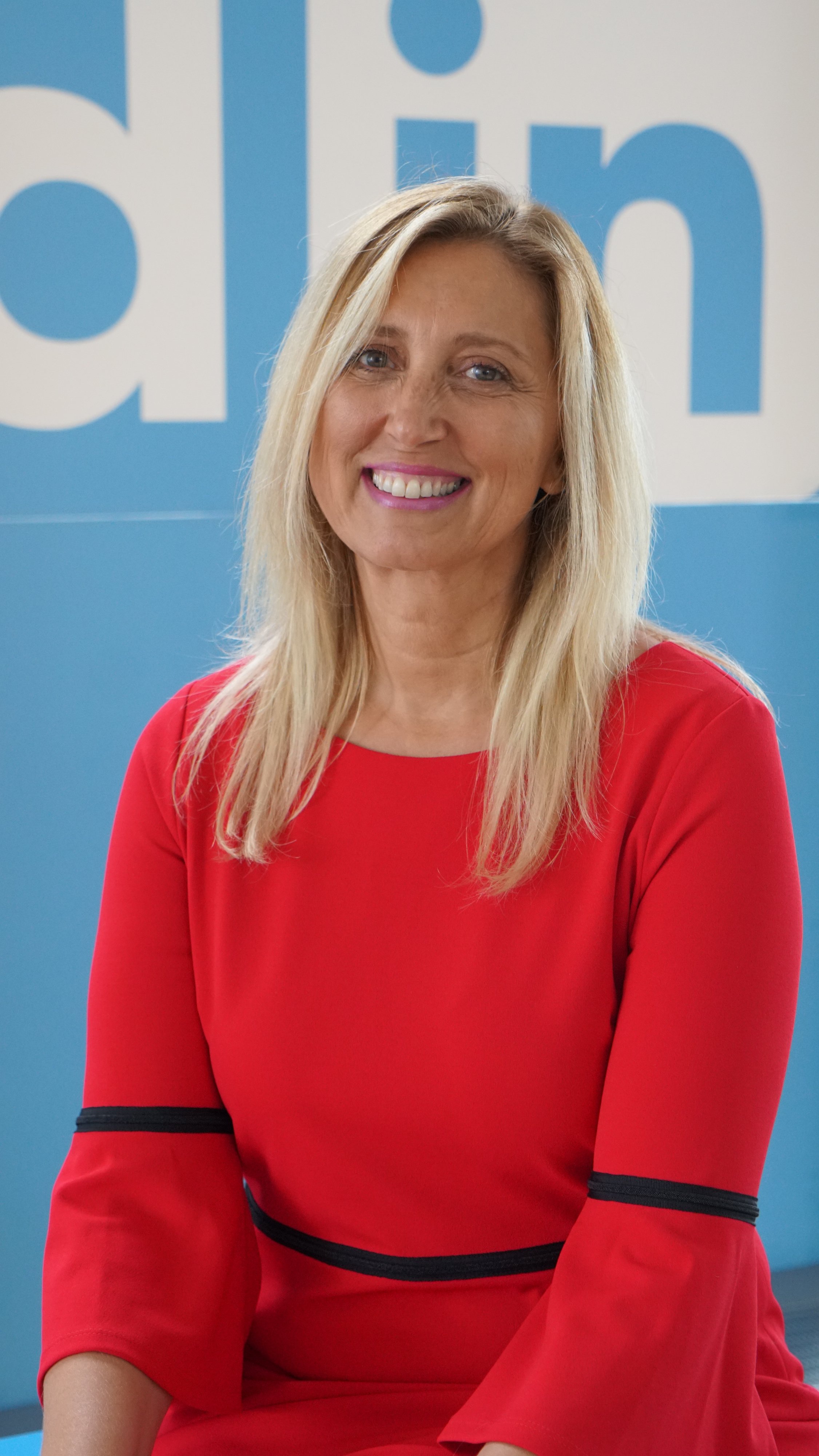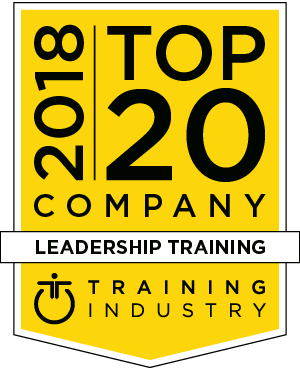In today’s rapidly evolving world, artificial intelligence (AI) is transforming industries at an unprecedented pace. As the owner of Success Programme, a consultancy firm helping organizations embrace change, I’ve always been fascinated by the intersection of technology and business. Recently, I had the privilege of sitting down with Aykan Rasitoglu, a seasoned tech expert and visionary leader, to explore his thoughts on the rise of AI and its impact on the future of work.
Aykan has nearly two decades of experience in the tech industry, with a background in cybersecurity and leadership in digital transformation. He has been at the forefront of innovation, helping organizations leverage technology for sustainable growth. During our conversation, he introduced me to a concept he coined: AI Collar Workers. His forward-thinking perspective gave me new insights into how organizations must evolve to thrive in the AI era.
What Are AI Collar Workers?
According to Aykan, AI Collar Workers represent digital agents or software-based systems integrated into operations across industries. These AI-powered systems automate specific job functions, solve complex problems, or assist workers by streamlining decision-making processes.
While AI is already making a significant impact on Marketing, Analytics, and Engineering, it is expanding rapidly into other areas such as IT, Human Resources, Legal, Administrative, Design, and Project Management. Aykan emphasized that each day, more functions will benefit from AI integration as the technology evolves.
Some examples of how AI Collar Workers contribute to these fields include:
- Marketing: AI-powered tools personalize campaigns, analyze market trends, and optimize advertising strategies.
- Engineering: AI systems assist with simulations, diagnostics, and predictive maintenance.
- Design: AI tools generate creative concepts, design prototypes, and automate repetitive design tasks.
- Human Resources: AI streamlines recruitment, onboarding, and employee engagement processes.
- Legal: AI tools assist with contract analysis, legal research, and compliance monitoring.
- Administrative Tasks: Virtual assistants handle scheduling, emails, and customer inquiries.
- Project Management: AI tools optimize workflows, predict risks, and monitor project milestones in real-time.
“Right now, Marketing is leading in AI adoption, followed by Analytics, Engineering, and IT, according to recent OpenAI reports,” Aykan said. “But this is only the beginning—AI’s potential will soon be unlocked in every department across organizations.”
The Common Question: Will People Lose Jobs?
During our conversation, I asked Aykan a question that’s on the minds of many: “Do you think people will lose their jobs because of AI?”
Aykan responded thoughtfully:
“In developed countries, this question is no longer the focus. Instead, they’ve shifted their attention to how to collaborate with AI to enhance productivity. As Nobel Prize-winning economist Daron Acemoglu points out, technology has not increased productivity as much as we expected, and in many cases, it has widened inequality.
So, over the next 20 years, the real question isn’t whether AI will replace jobs, but how we can use AI to boost productivity, efficiency, and growth without deepening inequality. AI offers incredible potential, but it’s up to us to learn how to integrate it thoughtfully and responsibly into our systems.
The world is always full of opportunities. The key to thriving in this new era is to adapt, learn, and evolve with AI. If I had to give a simple answer, I’d say: People who fail to learn how to use AI or collaborate with it will struggle to find jobs. But that’s not because of AI—it’s due to a lack of learning and curiosity.
The future will belong to those who embrace learning and are open to working with these new tools. AI isn’t replacing people—it’s reshaping how we work, and those who grow with it will unlock endless opportunities.”
The Power of Human Experience: An Irreplaceable Asset
Aykan made an important point during our conversation that stood out to me: AI can enhance productivity, but it cannot replace human experience. Every individual brings a unique combination of life experiences, creativity, and emotional intelligence to the workplace—qualities that no AI system can replicate.
“There are 8 billion people in the world, each with their own journey, experiences, and insights,” Aykan said. “These human elements are what drive real innovation. While AI systems can analyze data faster, they lack the capability to understand context, emotion, and nuance. It is human experience that gives meaning to the data AI generates.”
The rise of AI will make human experience even more valuable in the future of work. AI can assist, automate, and optimize, but only humans can create relationships, solve complex problems with intuition, and make decisions rooted in values and empathy.
AI Resources Departments: A New Era in Organizational Structures
One of Aykan’s most intriguing predictions is that the rise of AI Collar Workers will demand new organizational structures. Just as we have Human Resources (HR) departments to manage people, Aykan foresees companies creating AI Resources (AR) departments to oversee the performance, deployment, and governance of these systems.
Redefining Work, Together
Aykan’s concept of AI Collar Workers offers a new perspective on the future of work. The focus shifts from replacing jobs to creating synergy between humans and AI-powered agents. This collaborative approach allows organizations to unlock higher levels of creativity, productivity, and innovation.
A Final Word from Bahar Sen
“As a senior consultant, I’ve given consultancy to more than 1,000 companies over the past 30 years, and if I could offer just one takeaway from my experiences, it’s this: A company’s future depends on its employees' ability to adapt to change.
This has always been the most challenging part of transformation. People resist even the smallest changes, and without the skill to adapt, organizations will struggle. As AI continues to evolve, companies and their employees must develop adaptability and change management skills to thrive. How well businesses collaborate with AI will determine their future success.”
Conclusion: Embrace the Future with AI and Human Synergy
The insights I gained from Aykan Rasitoglu were not only eye-opening but also inspirational for me as a consultancy firm owner. His vision of AI Collar Workers is a powerful reminder that the future of work lies in collaboration, not competition, between humans and AI.
At Success Programme, we are committed to helping organizations embrace this future, supporting them through change management, upskilling initiatives, and cultural transformation. Together, we can build workplaces where AI and humans work hand in hand, unlocking new levels of productivity and creativity.
The AI era is not just about technology—it’s about redefining work, relationships, and culture. With leaders like Aykan Rasitoglu paving the way, the future looks promising.


















